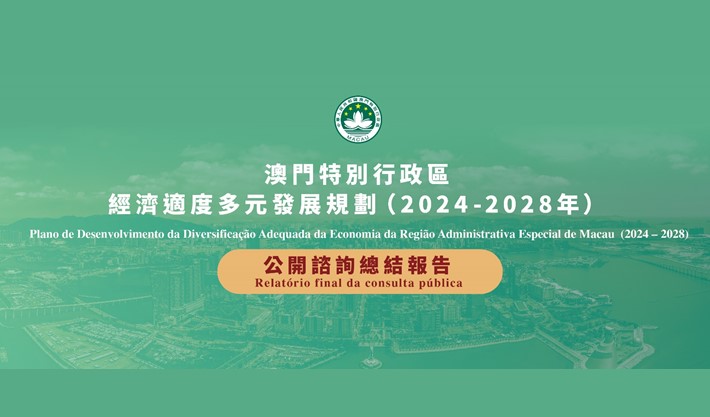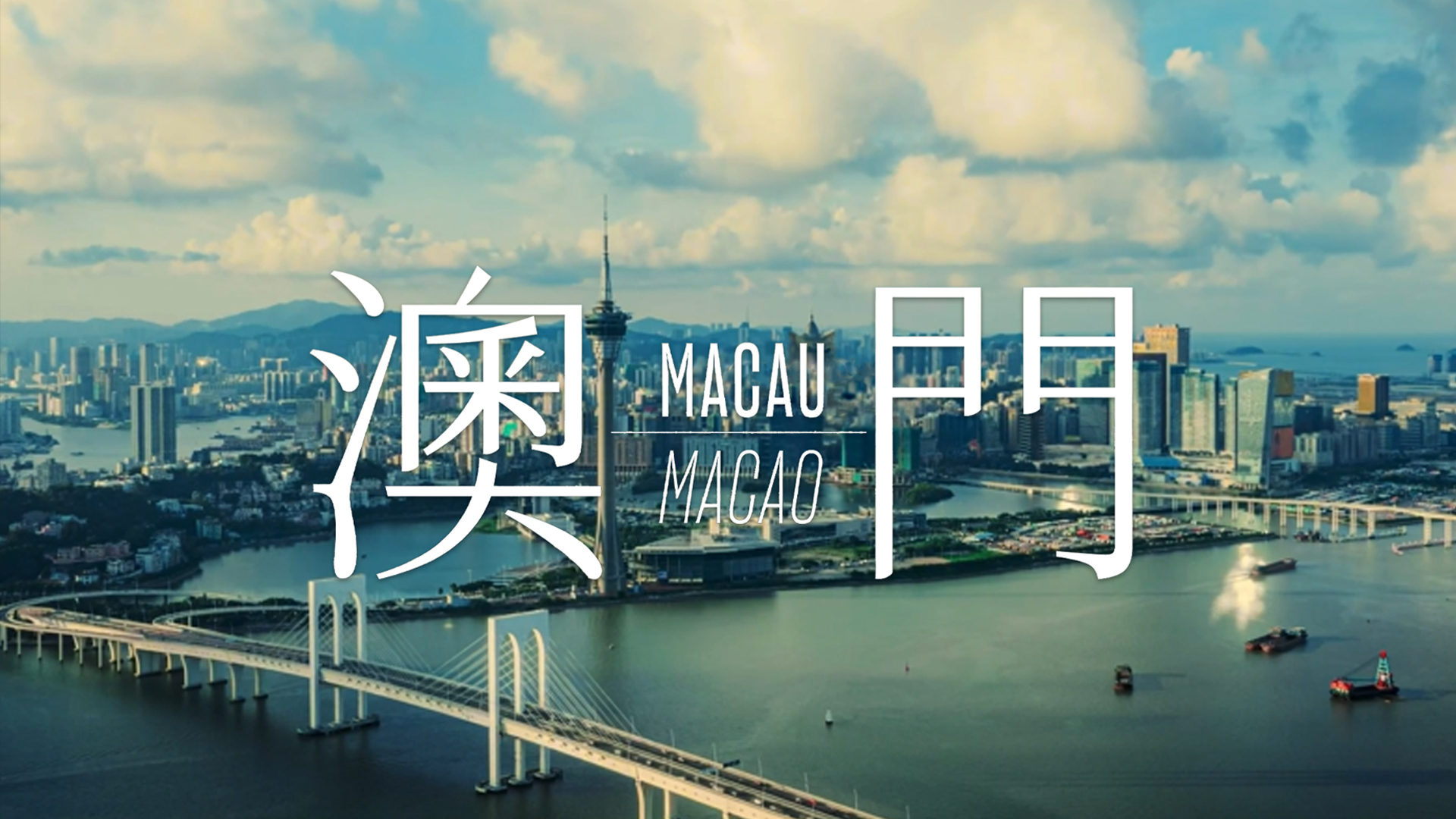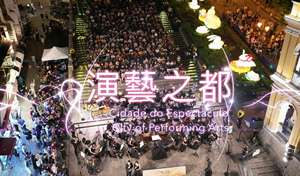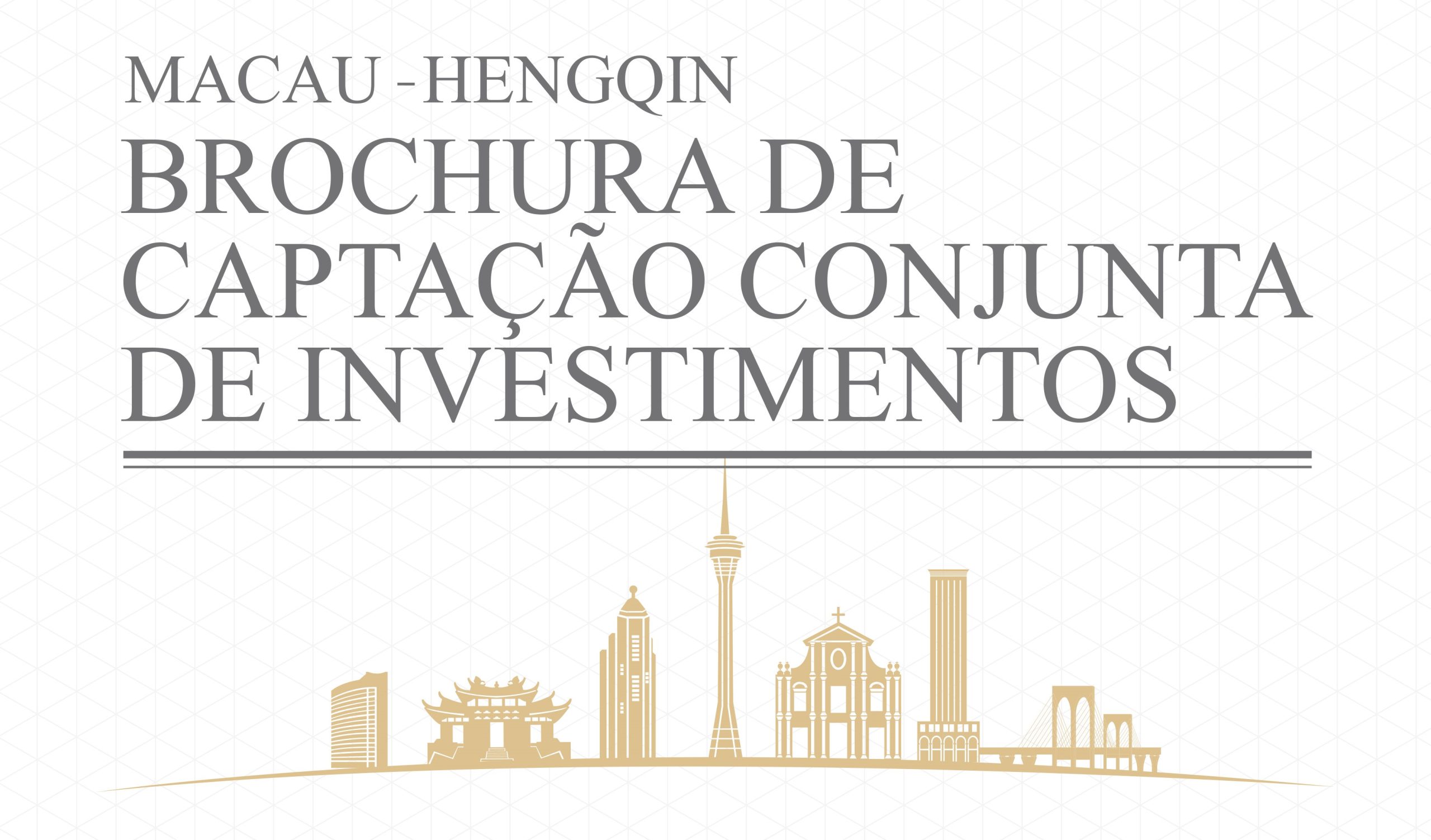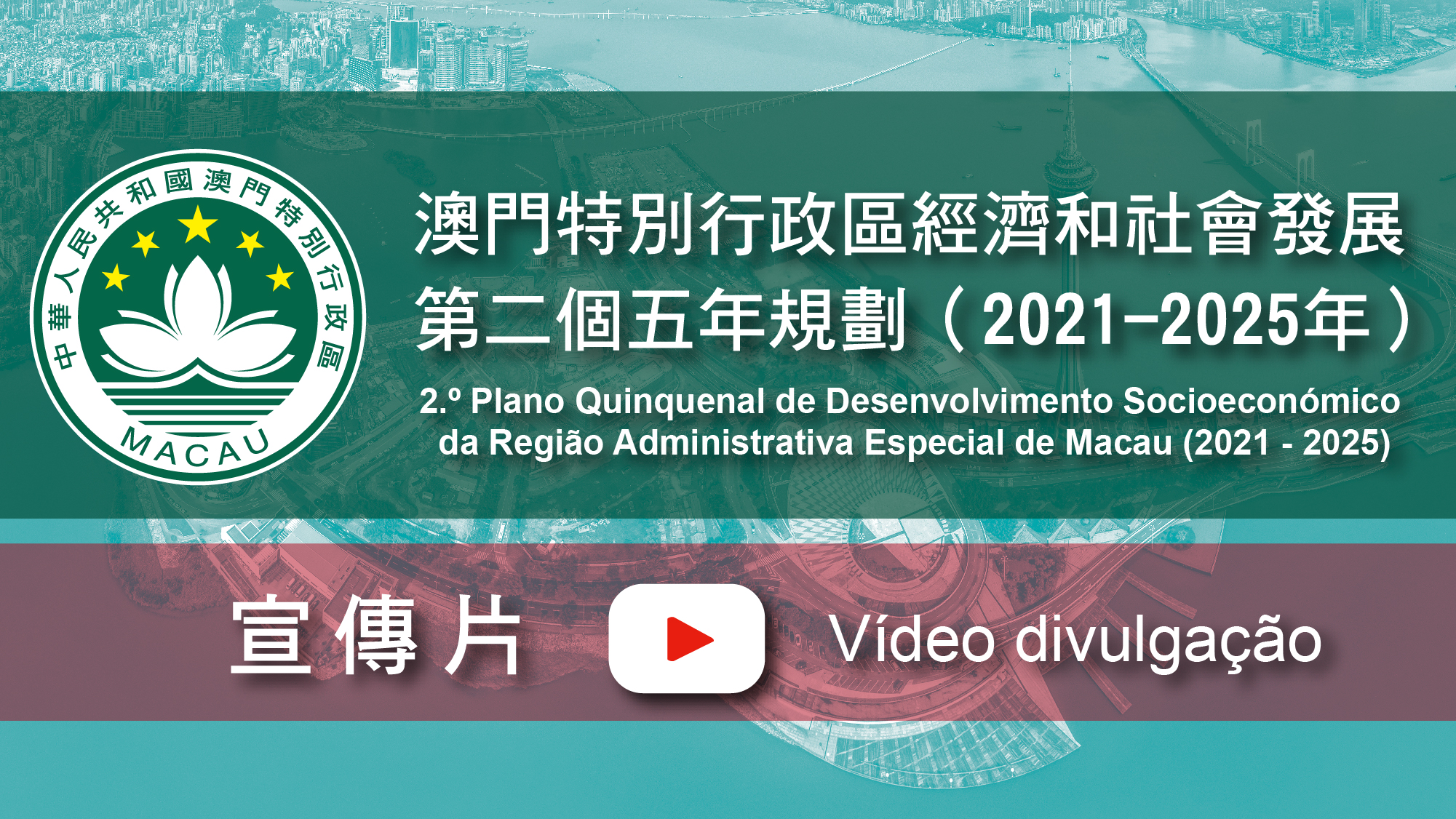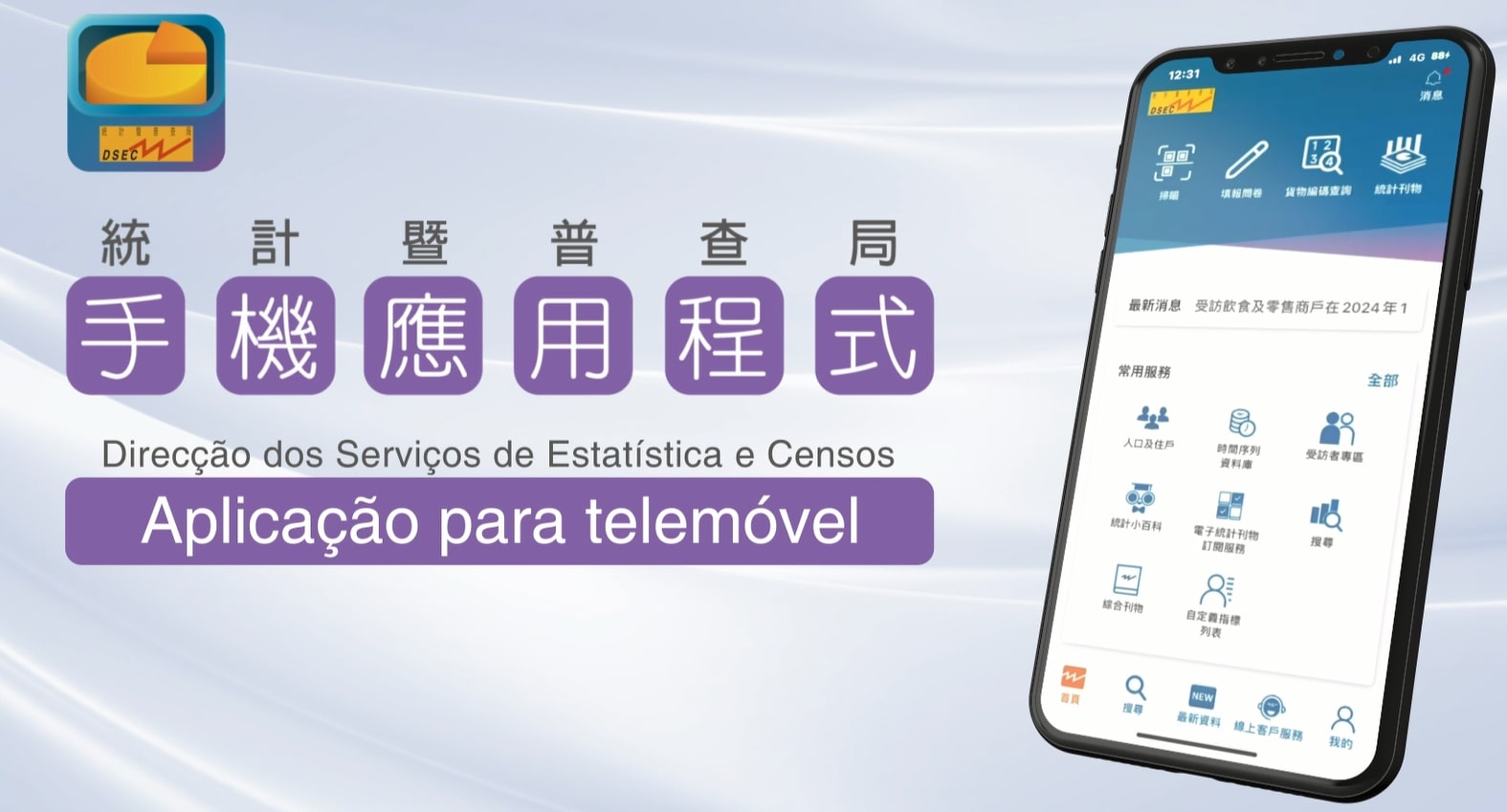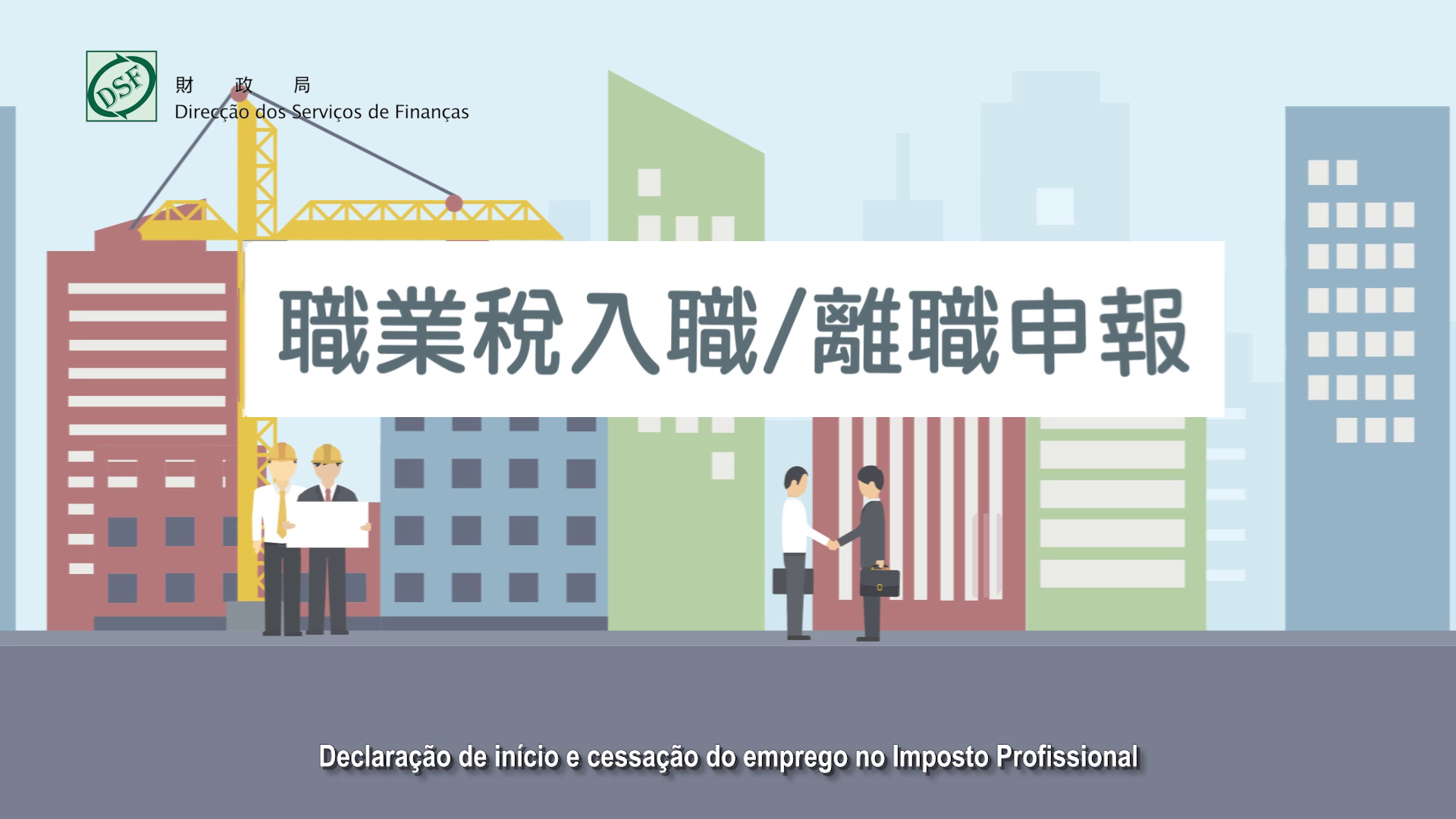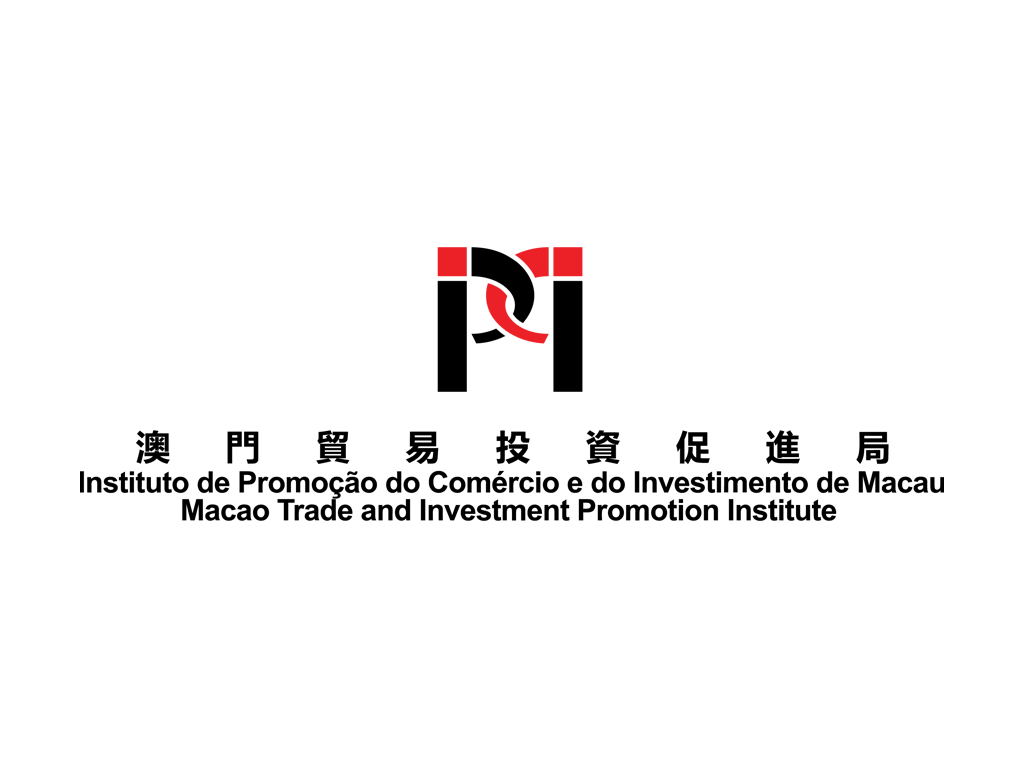Pesquisar
A Macao SAR Government delegation led by Chief Executive Mr. Edmund Ho Hau Wah, and a Macao entrepreneurs’ de-legation, organised by IPIM, went to Brazil on a study tour from 19-27 June this year, with a view to boosting exchanges between the business communities of Brazil and Macao as well as setting up more business in Brazil and other Portuguese Speaking Countries’ markets, so as to give full reign to Macao’s role as Platform for Economic Co-operation between them and the Chinese Mainland
The Macao entrepreneurs’ delegation was composed of 17 members, including Messrs. Ma Iao Lai, Wu Yixin, Chui Sai Cheong, Ho Iat Seng, Leonel Alberto Alves, José Manuel de Oliveira Rodrigues, other leading business people and legal experts. They visited four cities in Brazil, namely the capital Brasilia, and São Paulo, Manaus and Rio de Janeiro, achieving better than expected results, which can be summed up in the four following points:
1. Broad prospects of economic co-operation between Brazil and Macao
Among the Portuguese Speaking Countries, Brazil has the largest economic structure with a huge potential for development, its GDP was once ranked the 9th highest in the world. China and Brazil established a strategic partnership as early as 1993, having since witnessed considerable progress in bilateral trade, with its 2004 volume totalling US$12.359 billion, an increase of 54.8% on the same period of the previous year. In the 1st quarter of 2005, the bilateral trade volume rose by 19.8% over the same period of last year, amounting to US$2.63 billion. Brazil is China’s 10th largest import source and its biggest trade partner in Latin America, while China has become Brazil’s 3rd biggest trade partner and 4th largest import and export market. Since the two countries signed an agreement on science and technology co-operation in 1982, the relevant exchange and co-operation have improved daily, marked by the signing of bilateral co-operation agreements relating to agriculture and animal husbandry, aqua-culture, forestry, water and electricity, aviation and aerospace industries, electronic information, medicine and health care, new materials, genetic research and nuclear energy for peaceful purposes.
The relationship between Macao and Brazil are long-standing and well established, given Macao’s pioneering role as a bridge linking Sino-Brazilian economic and cultural exchanges, which helped consolidate the numerous economic, cultural and interpersonal relationships with Brazil. In recent years, the trade volume between Macao and Brazil has been expanding steadily, especially the import of foodstuffs, beverages, tobacco, raw materials and semi-manufactured products. Owing to Brazil’s economic structure and the close co-operation with China, a stronger economic and trade co-operation between Brazil and Macao will surely raise Macao’s profile in the Portuguese speaking world and attract various Portuguese Speaking Countries to expand their business in the Mainland China market by making use of Macao’s advantages as a platform.
The Macao and Brazilian official institutions have maintained a good relationship of co-operation. Macao Chief Executive Edmund Ho had visited Brazil before and he was deeply impressed by the country’s large scale of economic development and abundant natural resources. IPIM has successively signed various co-operation agreements with counterpart organisations and business associations in Portugal, Brazil and other Portuguese Speaking Countries, inviting delegations from these countries to the Macao International Trade and Investment Fair (MIF) and other annual promotional activities. During the 1st Forum for Economic and Trade Co-operation between China and Portuguese-speaking Countries (Macao) that took place in October 2003, IPIM signed a joint co-operation agreement with the China Council for Promotion of International Trade (CCPIT) and the trade promotion institutions / business associations of Portuguese Speaking Countries, which established a mode of co-operation for all the signatories, covering market research, trade links, investment promotion, trade information exchanges, the setting up and updating of a "database of trade and investment projects", and the annual "Entrepreneurs Meeting for the Commercial and Economic Co-operation" to be hosted on a rotation basis by the signatory countries / regions.
During his latest Brazilian tour, Chief Executive Edmund Ho paid a formal visit to the President of Brazilian Federal Republic, Mr. Luiz Incio Lula da Silva, who cordially welcomed the Macao delegation and expressed his strong optimism and support in relation to Macao’s role as platform for Economic Co-operation between China and Portuguese Speaking Countries, especially as platform between China and Brazil, sharing the view that Southern China was a fast-developing economic bloc, therefore a good place to invest for many Brazilian businessmen, as well as a potential market for many Brazilian products, which was positively significant when considering Macao’s functions as bridge and platform for the Brazilian businessmen and products to enter the Pearl River Delta, and eventually the Pan Pearl River Delta.
President Lula da Silva expected that the Brazilian Government, particularly the commercial service departments, would make it a priority to hold a series of working meetings with the Macao SAR Government, so as to create better conditions for Brazilian businessmen to take advantage of the "Forum for Economic and Trade Co-operation between China and Portuguese-speaking Countries", scheduled to be held in Macao in October next year, to explore business opportunities.
2. In-depth communication with the Brazilian business communities
Macao delegation’s first activity in São Paulo was a business luncheon for Macao and Brazilian entrepreneurs, which was attended by the representatives of the Chinese Consulate-General in São Paulo, representatives of São Paulo business associations, Camara de Comércio entre o Brasil e a China and Associação dos Empresarios Macaenses no Brasil, and Brazilian representatives of Associação Comercial Internacional para os Mercados Lusofonos to name a few. Mr. Lee Peng Hong, President of IPIM, gave a detailed presentation about Macao’s advantages as platform for the Economic Co-operation between China and Portuguese Speaking Countries, inviting Brazilian entrepreneurs to the 10th Macao International Trade and Investment Fair (MIF), to be held in Macao SAR in October this year. Messrs. Euclides Carli and Thomaz Zanotto, representatives of Federação do Comércio do Estado de São Paulo, gave an introduction of the recent economic developments in Brazil.
The Macao delegation also visited "Casa de Macau" in São Paulo and witnessed the signing of two co-operation agreements between Macao and Brazilian enterprises, namely one agreement on cultural and juvenile exchanges between Associação Promotora da Instrução dos Macaenses and Casa de Macau, and another on establishing a "Macao – São Paulo Chamber of Commerce" between the Macao Chamber of Commerce and the Associação dos Empresarios Macaenses no Brasil.
On 22 June, the Macao delegation attended a promotional meeting in Brasilia, hosted by the Brazilian Agency for Promotion of Exports (APEX). They were briefed on the structure and operation of APEX by its leading officials. APEX had set up a Products Centre, which spared no effort in assisting SMEs to promote their products in the international marketplace. Macao entrepreneurs were informed about Brazilian SMEs’ developments, including the product promotion channels and how to allocate resources.
During the meeting, Mr. Carlos Aragão, a director of ABDI- Agencia Brasileira de Desenvolvimento Industrial, gave a brief presentation on Brasilia’s economic developments, while Mr. Paulo Morceli, a chief in the Supply Department of Companhia Nacional de Abastecimento (CONAB), briefed the Macao delegation on Brazil’s food production including the techniques and development of Ethanol, a "green fuel" extracted from sugar-cane and helpful for reducing gas emissions. It was recommended that this would be welcomed in the Macao market.
3. Focused study on Brazil’s advantageous industries and tourist resources
The State of São Paulo, whose capital was the first stop on Macao delegation’s visit, contributes 36% of the GDP, 32.61% of the annual consumer volume and 20% of retail trade, with its service industry being more developed than other sectors. At present, a total of 1.28 million trade companies are operating in Brazil, among which 337,000 have their headquarters in the State of São Paulo, where the retail trade climbed 5.5% last year.
In Manaus City, our delegation visited the only free trade zone in Brazil, which is also the largest export processing zone in South America for electronic products, household electrical appliances, motorcycles, mobile phones and watches, generally meant for export to Central and South American countries and the United States. Up to now, there are more than 400 enterprises in the zone, including some famous international companies.
Our delegation focused on the tourist industry of Rio de Janeiro, especially development projects in the import and export sectors, such as foodstuffs, tourist products and so on. Rio de Janeiro is on a beautiful coastal area with hills behind it making for a spectacular landscape, from which it takes great pride in its world-famous beaches and the well-known hills of Corcovado and Pão de Açucar, among other scenic spots. Rio de Janeiro is also famed for its annual "Carnival", where the Brazilian culture is symbolised by the samba.
4. Business collaboration opportunities between Brazilian and Macaoenterprises
The "Platform of Sustainable Development Relations between the P. R. China and Brazil in the New Era-Macao Forum 2005", sponsored by the Institute for Sustainable Development of the Macao University of Science and Technology, and co-sponsored by IPIM, took place in Macao from 13 to 14 May this year, with a view to exploring and making use of Macao’s unique advantages, so that we may actively build a greater co-operational relationship with the Portuguese Speaking Countries, especially Brazil, in the principle of sustainable economic development in the new century. The participants of the Forum representing business communities, government departments and academic institutions considered it necessary to define Macao’s functions and main goals clearly as a platform for Economic Co-operation between China and Portuguese Speaking Countries, for the sake of its sustainable development; on the other hand, it was recommended that a Sino-Brazilian platform be built for traditional Chinese medicine in Macao, facilitating the development of education, medical services and trade in this field.
The Macao delegation’s study tour of Brazil further confirmed Macao’s advantages as an economic and trade co-operation platform, creating more business collaboration opportunities between Macao and Brazil. Entrepreneurs from both sides exchanged views regarding some business activities, such as a plan to set up a permanent institution in Macao for the marketing of Brazilian products, given the country’s interest in promoting the sale of farm products in Macao and Southern China.
During the study tour, the representatives of Macao business sector were able to enhance their communication with Brazil’s official institutions and various industries, which resulted in a deeper understanding between them and an active push to further SME exchanges by both sides. The Macao delegation had an on-the-spot study of Brazil’s approach in dealing with the problems in SME’s developments, such as the free trade zone, the Products Centre and a series of effective mechanisms, which were important references for establishing a long-term plan for the development of Macao’s SMEs.
In summing up the Brazilian tour, Mr. Francis Tam, Secretary for Economy and Finance of Macao SAR emphasised that, on a government level, the Macao delegation was received by the Brazilian President and the leading officials of Foreign Affairs Ministry and relevant state governments, which was a proof of the great importance attached to our delegation by the Brazilian side. The Macao SAR Government was capable of taking advantage of the historical connections between Macao and Portugal, so as to build a working relationship with all the Portuguese Speaking Countries and create more business opportunities. At a commercial level, the Brazilian tour resulted in the signing of several co-operation agreements between entrepreneurs from both sides.
This article was prepared by IPIM’s Research and Information Division



